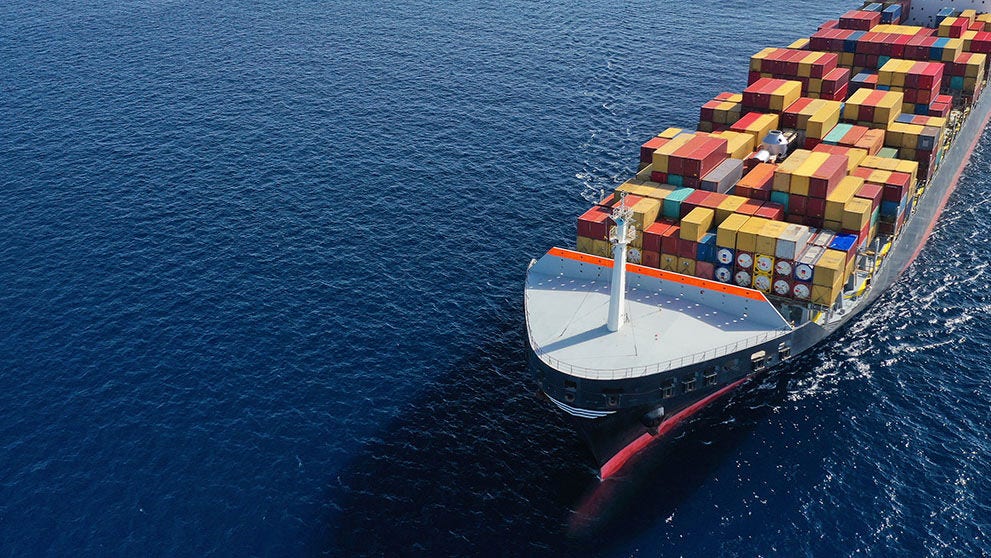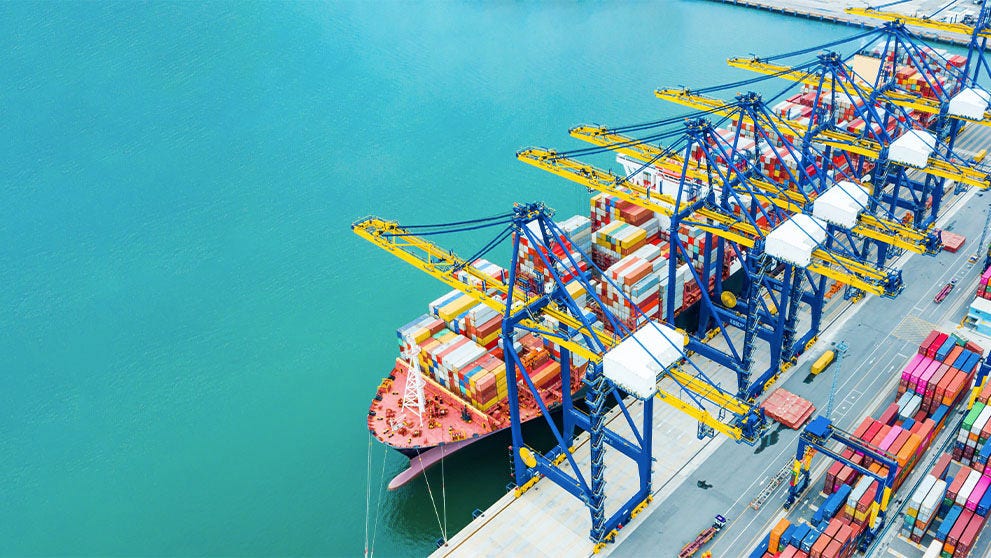
With a projected value of over US$130 billion by 20251, Indonesia's digital economy is growing at a remarkable pace, driven by a young, tech-savvy population and a surge in online shopping. In this dynamic environment, dropshipping — one of the newest business models — is playing a key role, enabling entrepreneurs to access this lucrative market without the need for large capital investments.
For budding e-commerce retailers looking to tap into this industry, understanding the ins and outs of dropshipping is essential. As such, this guide will break down the fundamentals of dropshipping in Indonesia, including the operational steps and the importance of choosing the right logistics partner, to help you successfully start and grow your dropship business.
What is a dropshipping business?
Dropshipping is a retail fulfillment method that allows businesses to sell products without holding any physical inventory. When a customer places an order, the retailer purchases the item from a third-party supplier, who then ships the product directly to the customer.
The key operational steps of a dropshipping business include:
- Step 1: Ordering from the retailer — The customer visits the retailer's online store and places an order for a product. They complete the purchase and make a payment as they would on any traditional e-commerce site.
- Step 2: Forwarding to the supplier — The retailer receives the customer's order and automatically or manually forwards the details to the dropshipping supplier. The retailer then pays the supplier the wholesale cost for the item.
- Step 3: Shipping to the customer — The dropshipping supplier receives the order and prepares it for shipment. The product is then shipped directly to the customer's address, often in packaging that features the retailer's branding.
The evolution of supply chain management
Supply chain management has undergone a significant transformation, moving from a rigid, linear system to a dynamic, interconnected network. In the past, the supply chain was a siloed, reactive process where communication was slow and relied heavily on manual data. This traditional model often led to inefficiencies and limited visibility over the flow of goods, resulting in unnecessary delays and higher costs for both businesses and consumers.
In contrast, the modern supply chain is built on the seamless integration of technology, real-time data, and digital communication tools. This technological evolution has created a responsive network where every step, from demand forecasting and inventory management to logistics coordination, is streamlined. The result is a highly efficient system where all parties, including suppliers and logistics partners, are connected, allowing for greater transparency and control.
The benefits of dropshipping in modern supply chain management
Dropshipping offers significant benefits that make it a cornerstone of modern supply chain management, such as:
- Cost efficiency: Dropshipping eliminates the need for expensive upfront investments in inventory and warehousing. This model significantly reduces operational costs, allowing businesses to start and scale with minimal capital.
- Flexibility and scalability: Businesses can easily add new products to their online store without managing inventory or logistical complexities. This flexibility allows for rapid scaling to meet fluctuations in demand without any financial risk.
- Enhanced customer experiences: With a streamlined supply chain, dropshipping enables faster order fulfillment and more reliable delivery times. This direct approach, combined with efficient logistics partners, leads to greater customer satisfaction and loyalty.
Dropshipping in the Indonesian Context
The Indonesian market has become a global e-commerce hotspot, thanks to an explosive growth in its digital economy and a high internet penetration rate of 79.5% as of 20242. This rapid expansion has created a massive consumer base eager to shop online, giving aspiring dropshippers an enormous opportunity to enter a dynamic market.
However, to truly succeed, dropshippers must also be aware of the challenges that come with operating in such a competitive environment, including:
- Intense competition: Dropshippers must contend with established local e-commerce platforms and a growing number of international players. Standing out requires a unique product offering and a focus on providing a superior customer experience.
- Logistical complexity: Navigating the vast Indonesian archipelago, with its thousands of islands, presents significant logistical hurdles. Securing a reliable and efficient shipping partner is crucial for ensuring timely delivery and for avoiding customer dissatisfaction.
- Supplier reliability: Dropshippers are entirely dependent on their third-party suppliers, which can be a major risk. Issues with stock availability, inconsistent product quality, or poor packaging can directly harm your brand's reputation and lead to customer complaints.
Leveraging logistics partnerships for success
When it comes to dropshipping, a reliable logistics partner is your most crucial asset, with the success of your business ultimately depending on their timely and safe deliveries to your customers.
This is where a strategic partnership with a dependable provider like DHL Express becomes essential. By leveraging their global network and expertise, you can ensure your goods reach your customers efficiently, no matter where they are. DHL Express provides:
- Efficient shipping solutions: Their streamlined processes and advanced technology — including real-time tracking — simplify complex international shipping requirements. This allows you to focus entirely on growing your business.
- Global reach: As one of the world's most international companies, DHL Express connects retailers to customers in over 220 countries and territories. This gives you the power to expand into new markets and fulfill orders all around the globe.
- Customs expertise: DHL Express provides expert guidance on managing shipment documentation and navigating customs processes. This helps you avoid unexpected delays, fines, and other logistical hurdles, ensuring a smooth customer experience.
Dropshipping: The future of e-commerce

Ultimately, dropshipping has become a cornerstone of modern e-commerce, offering businesses a cost-efficient and flexible way to expand their operations. By eliminating the need for inventory management and warehousing, this business model empowers entrepreneurs to focus on building their brand and reaching customers.
In this process, leveraging the expertise and global reach of a trusted international courier such as DHL Express is essential, ensuring your goods are delivered quickly and reliably to customers worldwide. To get started with DHL Express’ export services, create a DHL Express business account today!



















